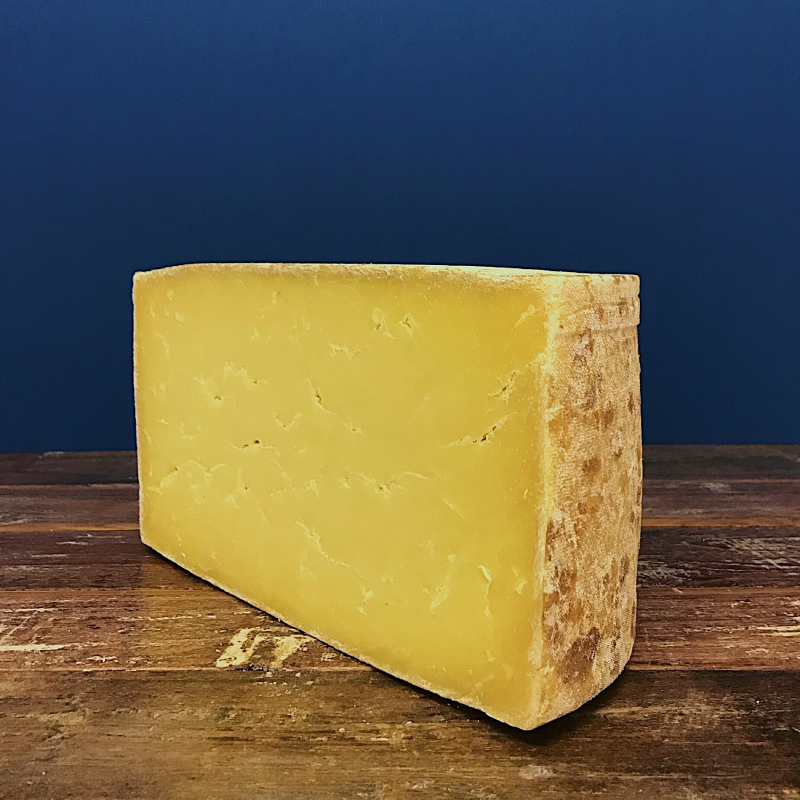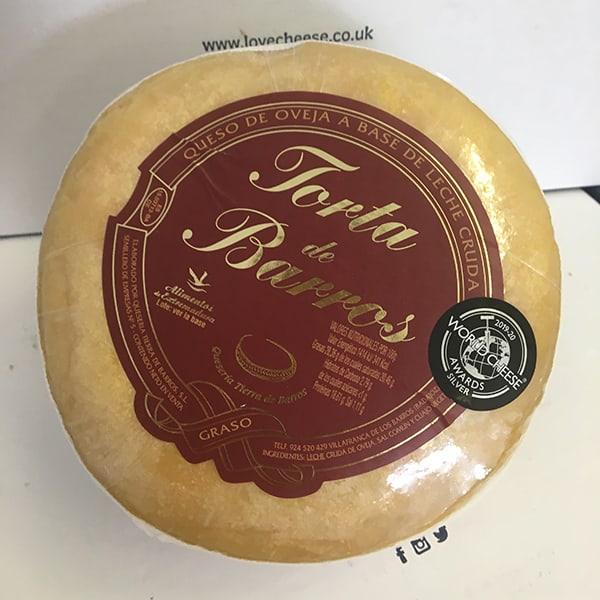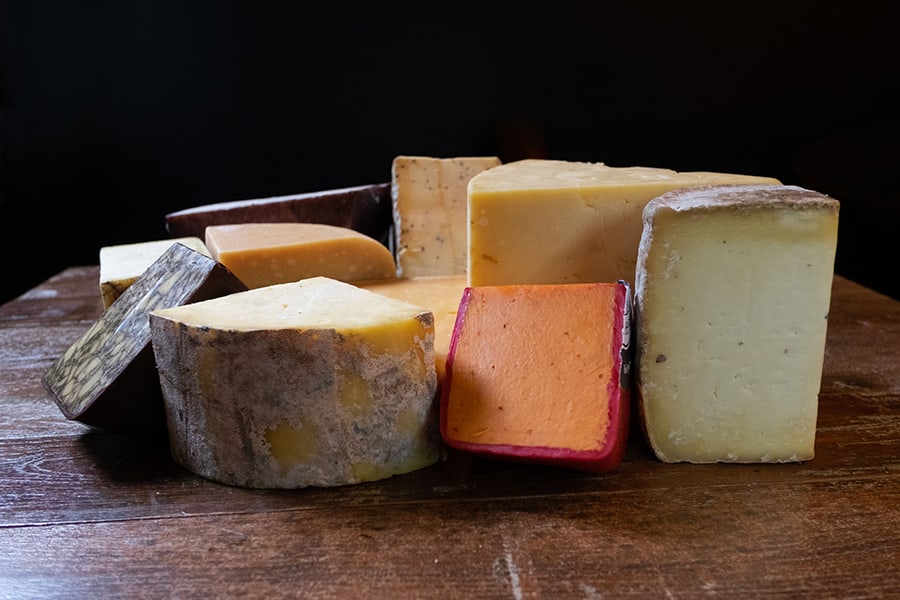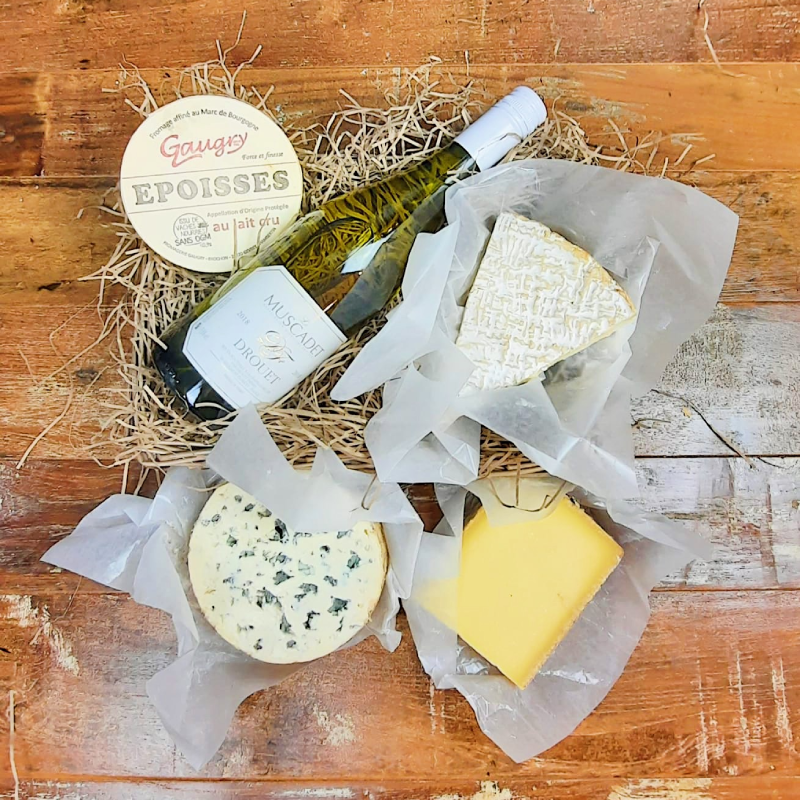What is Vegetarian Cheese? A Comprehensive Guide

Cheese has long been a beloved and versatile ingredient in countless dishes worldwide. However, as dietary preferences evolve, so does the demand for alternatives. Enter vegetarian cheese – a plant-based, cruelty-free option that caters to those who follow a vegetarian lifestyle. In this comprehensive guide, we will delve into the world of vegetarian cheese, exploring its ingredients, production methods, types, nutritional benefits, and ways to incorporate it into your culinary repertoire.

What Makes Cheese Vegetarian?
Understanding what makes cheese vegetarian requires a closer look at why certain cheeses aren’t suitable for vegetarians. Traditional cheese is often made with animal-derived rennet which is used to coagulate the milk into solids. Vegetarian cheese relies on plant-based rennet or other coagulants. Additionally, we are now seeing more and more vegan cheeses where the milk is sourced from plants like soy, almonds, cashews, or oats, making it a cruelty-free alternative.
Types of Vegetarian Cheese
Much like its traditional alternative, Vegetarian cheese comes in a variety of types, each offering a unique flavour and texture profile. From creamy soft to sharp tangy cheddar, the options are diverse. As you search our website you can spot the cheese makers that have embraced the vegetarian rennet over the traditional methods. The large majority of cheeses we sell that are produced in the UK are vegetarian friendly.

Nutritional Benefits
ALL Cheese not only adds flavour and texture to a variety of dishes but also boasts a nutritional profile that includes essential nutrients such as protein, calcium, and various vitamins. Protein, crucial for muscle repair and maintenance, is abundant in cheese, making it a valuable dietary source for everyone. Calcium, essential for bone health, is another key component found in cheese. Additionally, cheese contains vitamins like B12, which is vital for neurological function.
However, it is important to approach cheese consumption sensibly to maximise its benefits while being mindful of potential drawbacks. Despite its nutritional value, cheese can be high in calories and saturated fat. Excessive intake of these may contribute to weight gain and impact heart health. Pairing cheese with whole grains, fruits, and vegetables can enhance its nutritional profile while providing a satisfying and balanced meal. Incorporating cheese into salads, sandwiches, or alongside fresh fruits can be a delicious way to enjoy its flavours without overindulging. Moderation is key, and by being mindful of portion sizes and choosing wisely, you can savour the richness of cheese while maintaining a balanced and health-conscious diet.


How to Eat/Use Vegetarian Cheese
Once you have your hands on some vegetarian cheese, the next step is knowing how to use it effectively in your kitchen. Cheeses that use a vegetarian rennet will stand up to any cheeses that use a traditional coagulant, so you should have no issues constructing a cheeseboard with all of your favourite styles of cheese. You can also follow recipes in the exact same way that you would with a traditional rennet cheese. From gooey grilled cheese sandwiches to creamy carbonara, the possibilities are endless.
FAQs About Vegetarian Cheese
As the popularity of vegetarian cheese grows, so does the curiosity surrounding its production and use. We’ll address common questions and debunk misconceptions, offering clarity on issues such as taste, melting capabilities, and nutritional adequacy. Whether you’re a seasoned vegetarian or a newcomer to the lifestyle, these FAQs will enhance your understanding of vegetarian cheese.

- Is vegetarian cheese suitable for vegans?
No! While vegetarian cheese avoids traditional rennet, some variations may still contain dairy products such as milk or casein. Vegans, who abstain from all animal-derived ingredients, should look for explicitly labeled vegan cheese alternatives that exclude any animal by-products.
- How does the taste of vegetarian cheese compare to traditional cheese?
Vegetarian cheeses come in a wide range of flavours, textures, and aromas. Some varieties closely mimic the taste of traditional cheese, while others offer unique and distinct profiles. Exploring a variety of cheese styles will help you find a vegetarian cheese that suits your preferences.
- Can vegetarian cheese melt like regular cheese?
The melting capabilities of all cheeses (including vegetarian cheese) vary depending on the type of cheese. Some melt seamlessly, making them suitable for dishes like pizza and grilled sandwiches, while others may require specific cooking techniques. We recommend experimenting in the kitchen with different vegetarian cheese options to see what works best. Alternatively ask a member of the team who will have more than likely tried putting any cheese in the toastie maker…
- Is vegetarian cheese nutritionally comparable to traditional cheese?
With all types of cheese, there may be differences in fat content, protein levels, and added nutrients. Simple factors such as time, geography, temperature or even slight human error can change the cheese dramatically.
- Can I make vegetarian cheese at home?
Yes, there are many simple recipes online where you can experiment making your own cheese. Lemon juice is a great coagulant for making a simple vegetarian cheese. But if in doubt, leave it to the pros and come enjoy some tasty cheese from Love Cheese!
In conclusion, vegetarian cheese stands as a flavourful and ethical alternative for those seeking to reduce or eliminate certain animal products from their diets. Its diverse range of types, nutritional benefits, and adaptability in the kitchen make it an exciting choice for both carnivores and omnivores alike.

